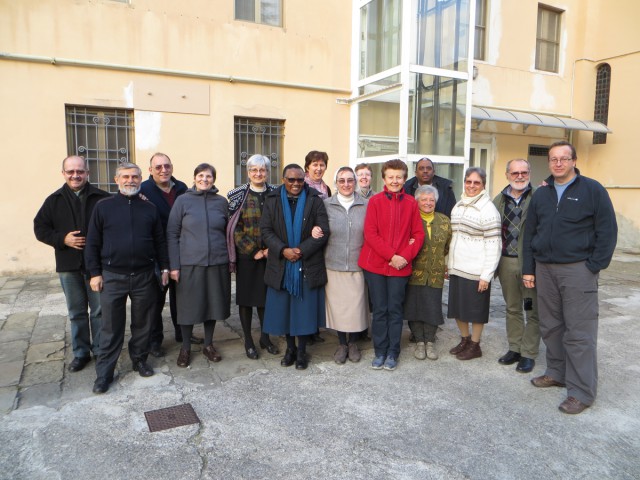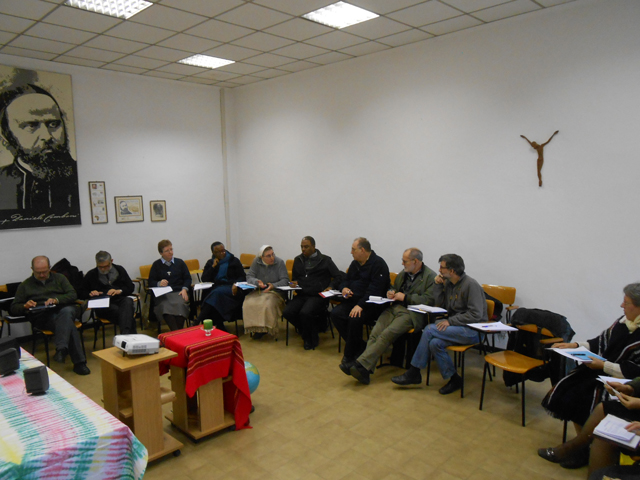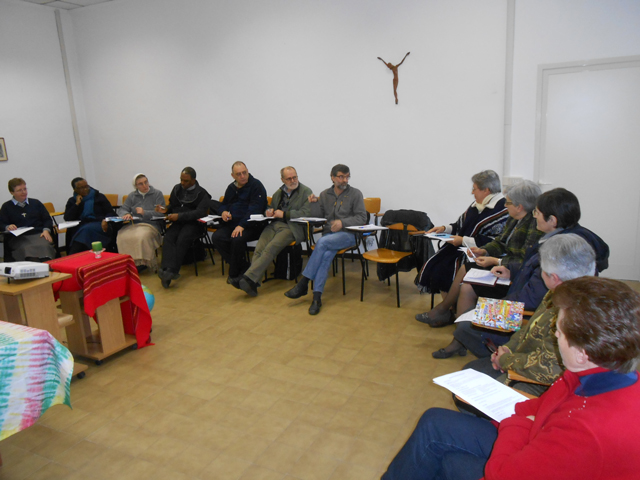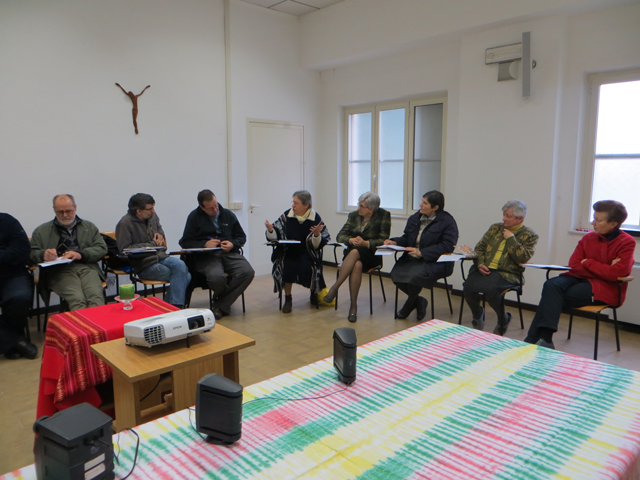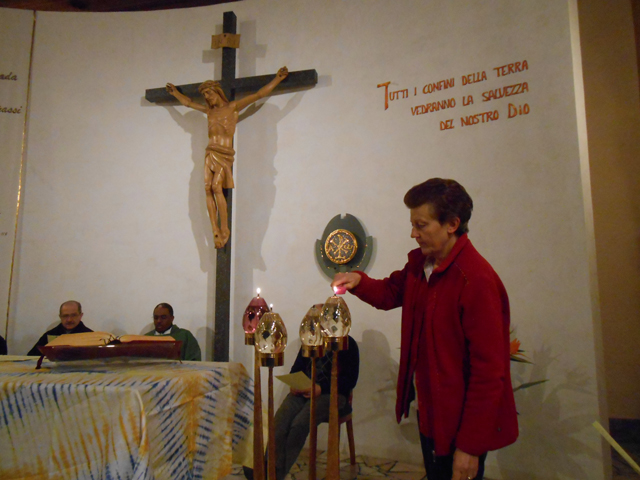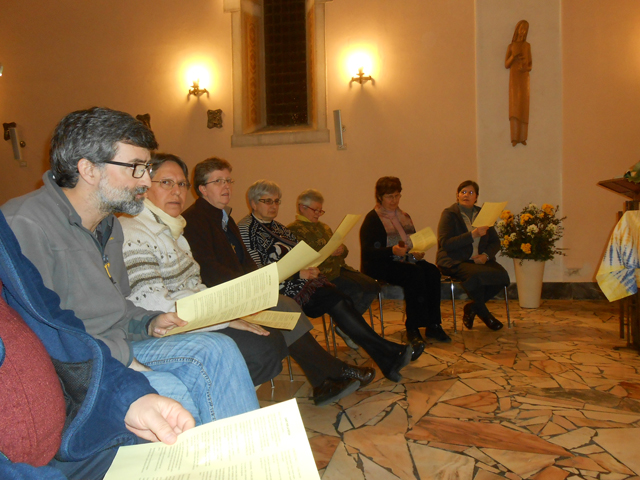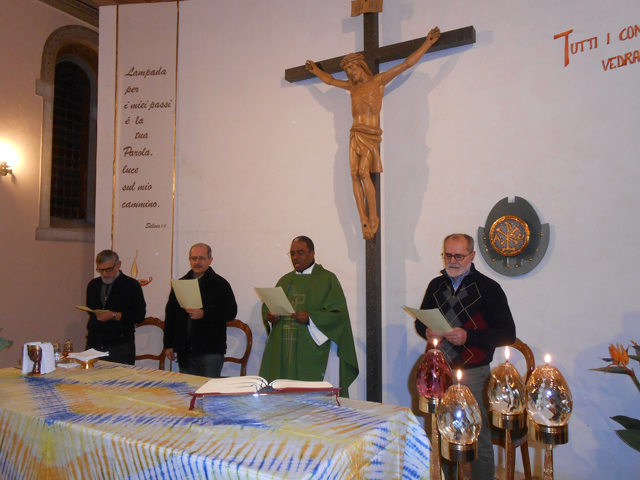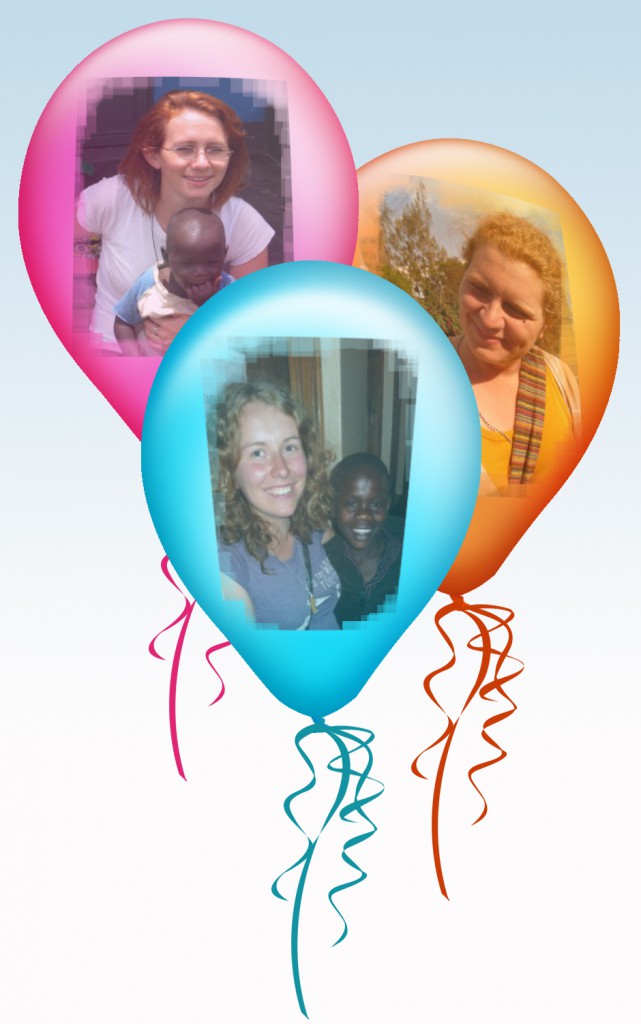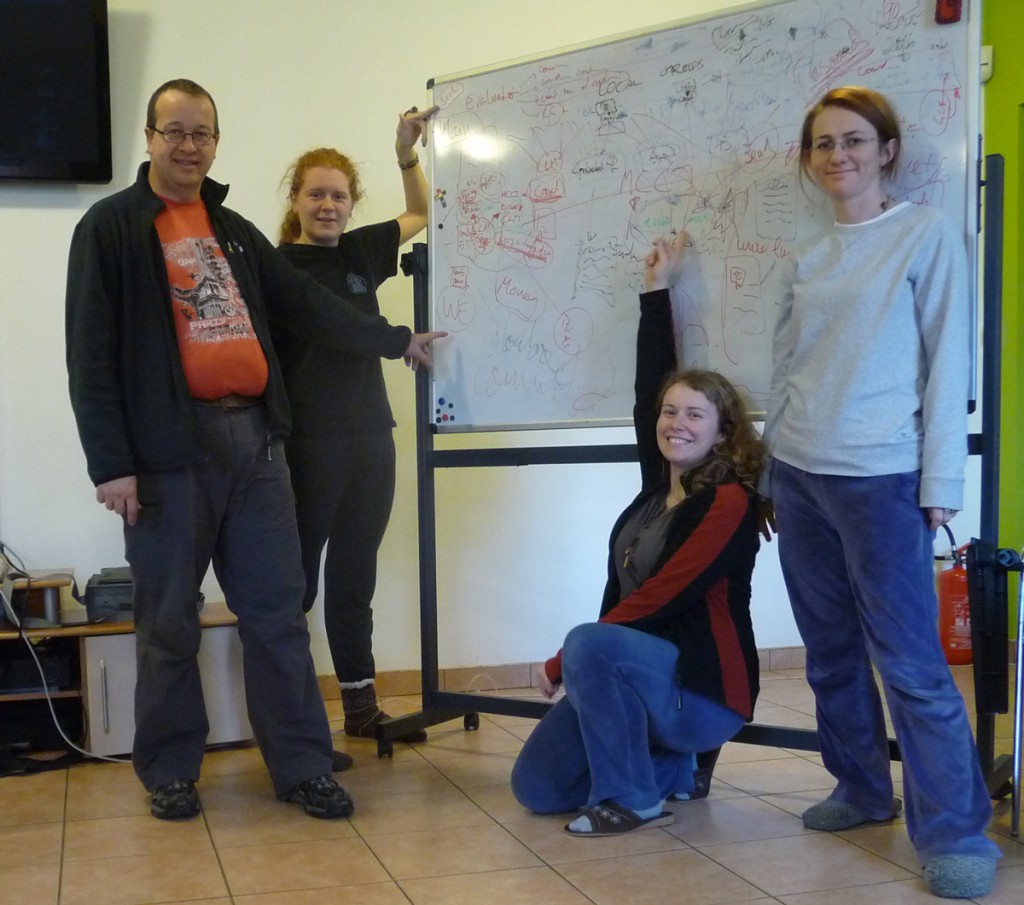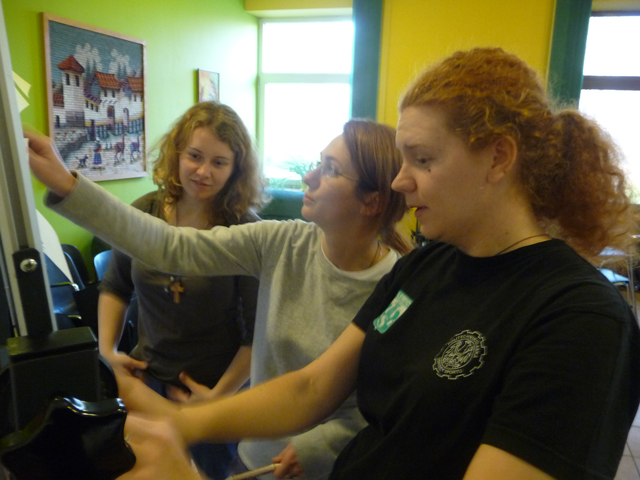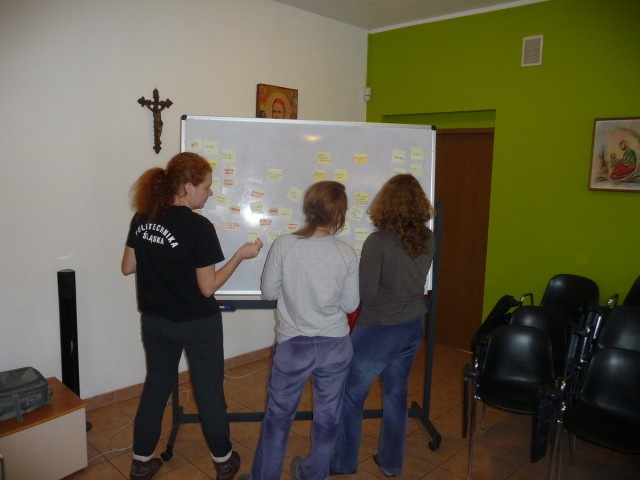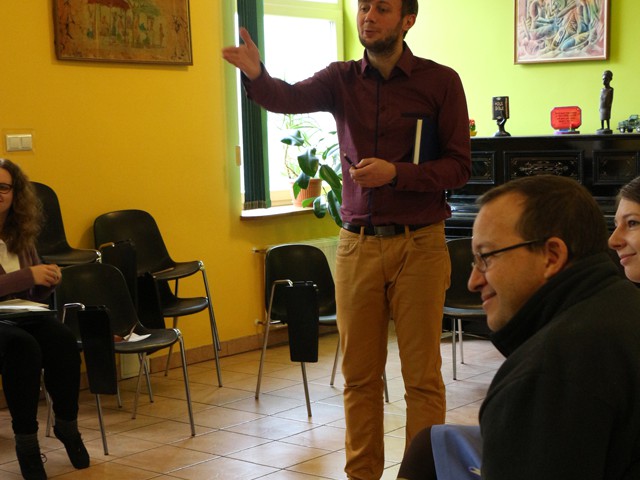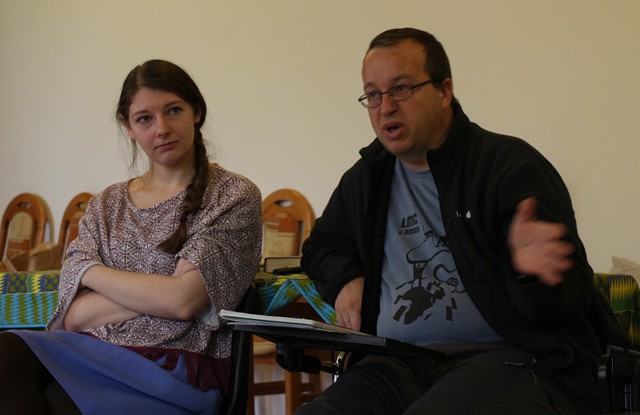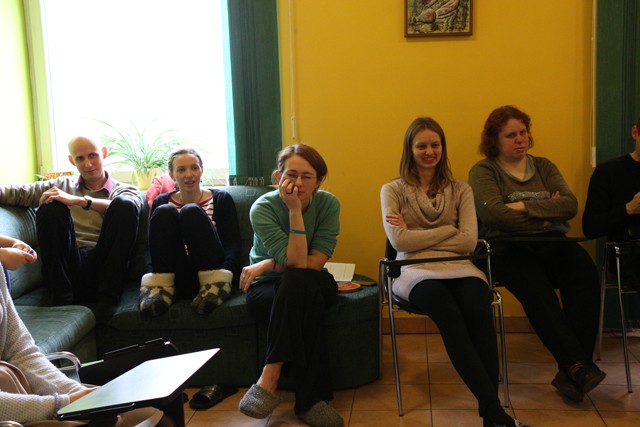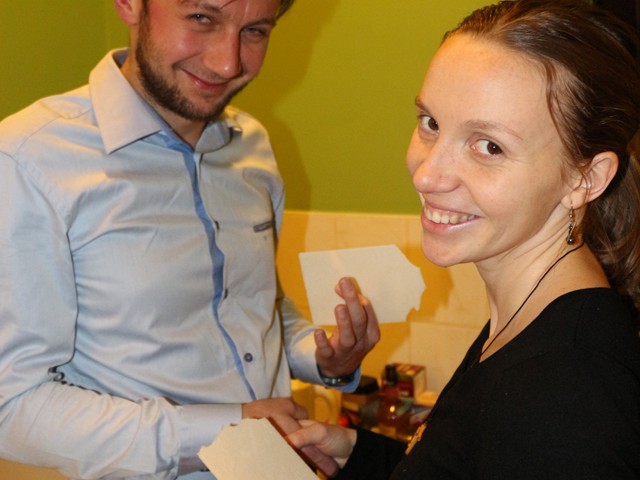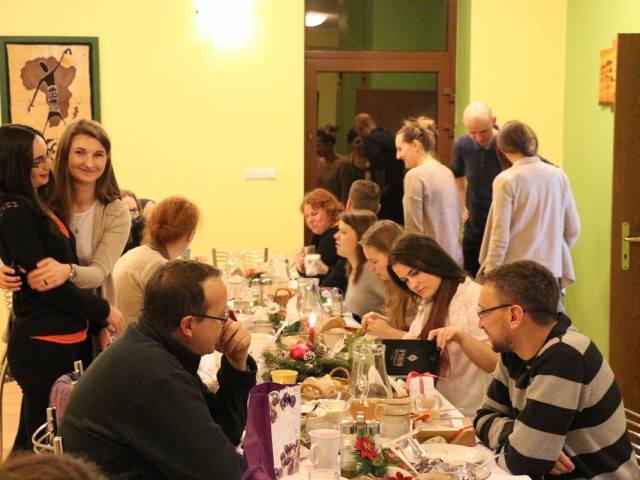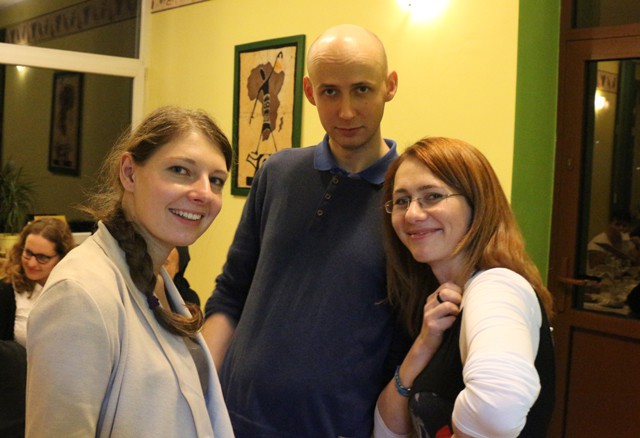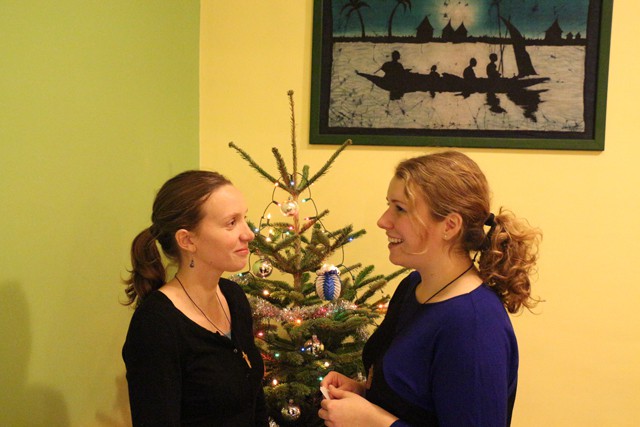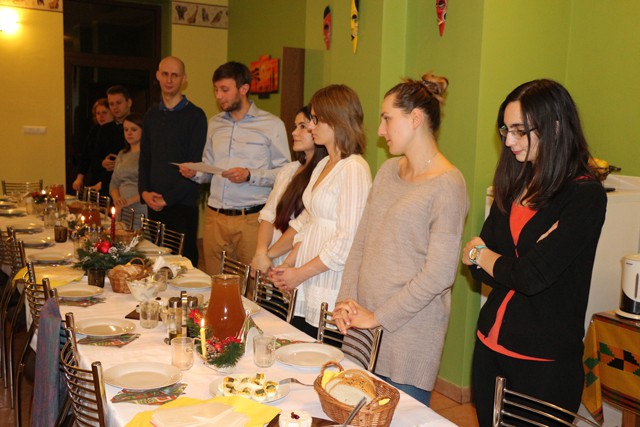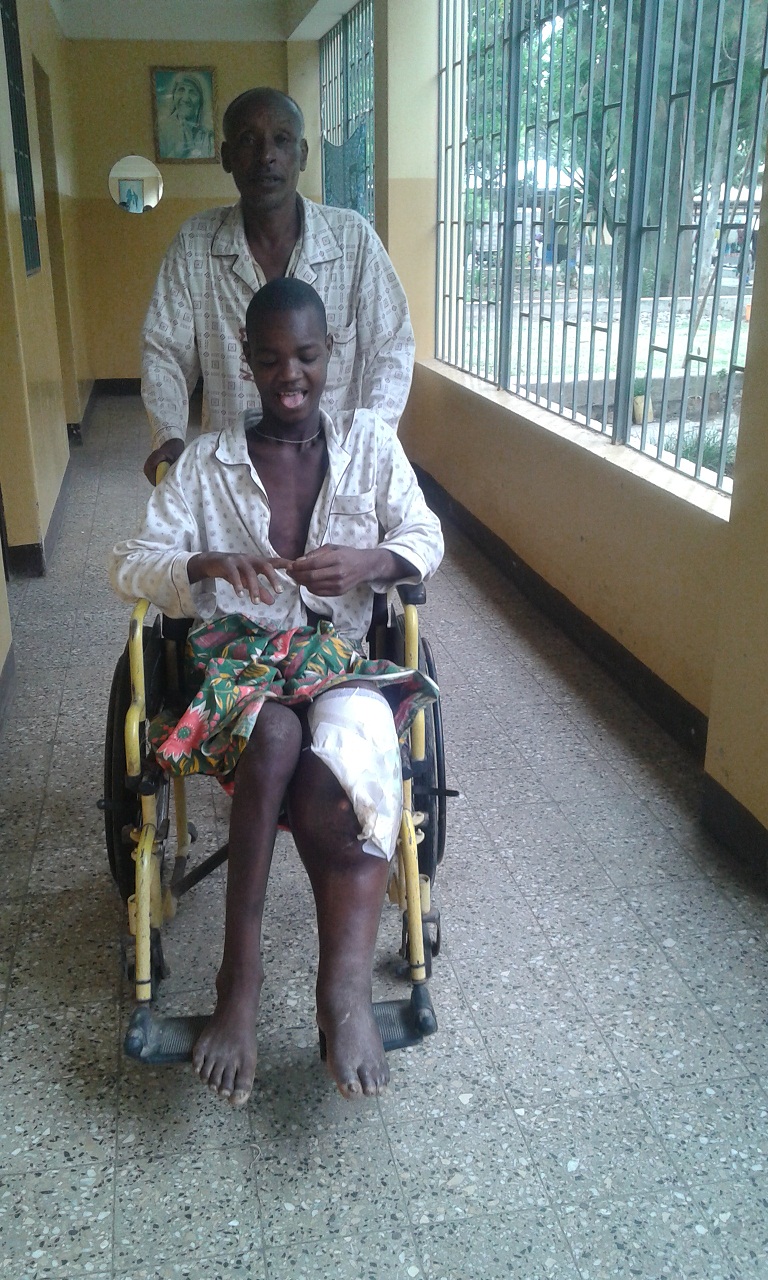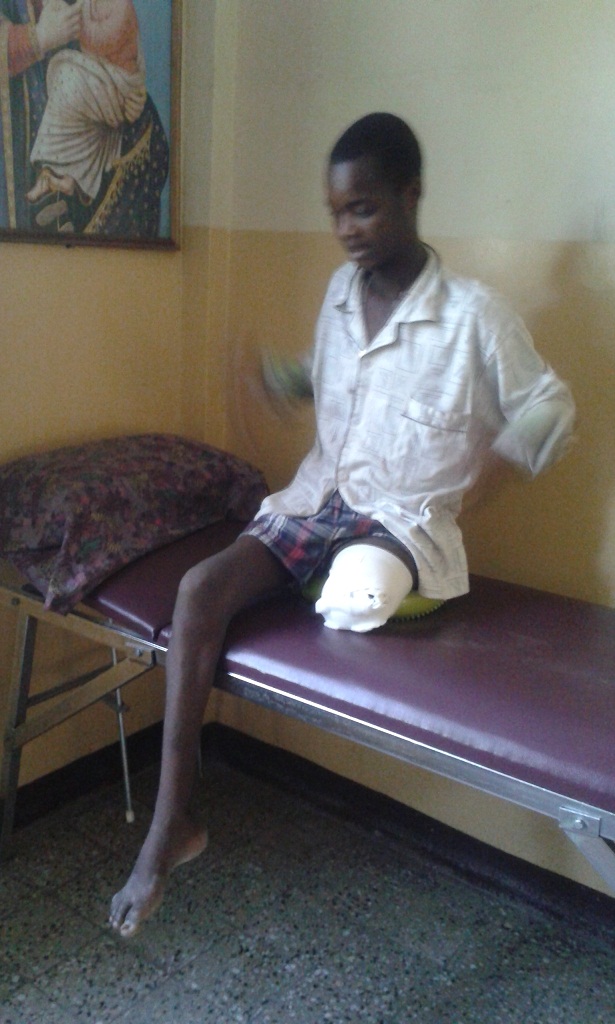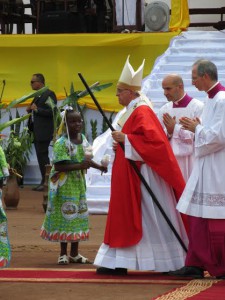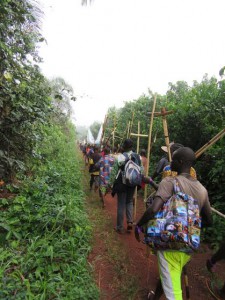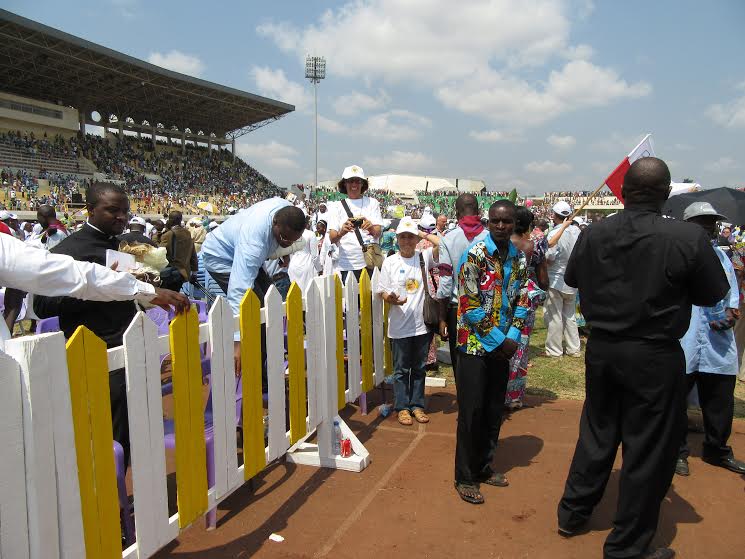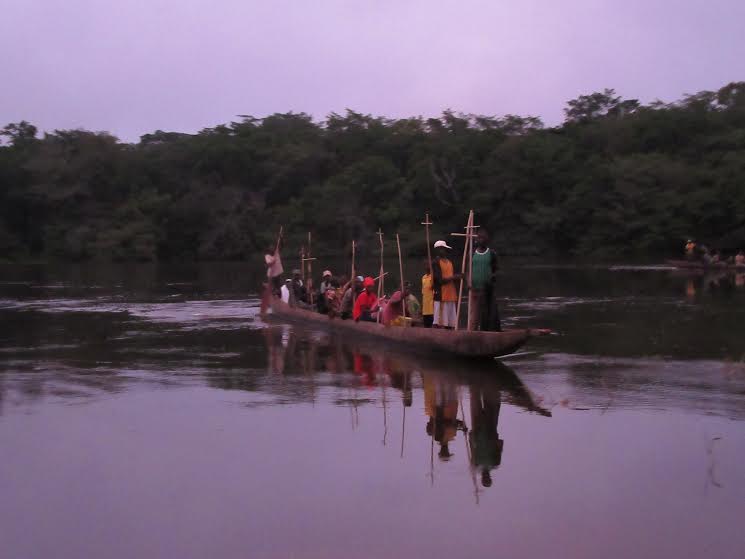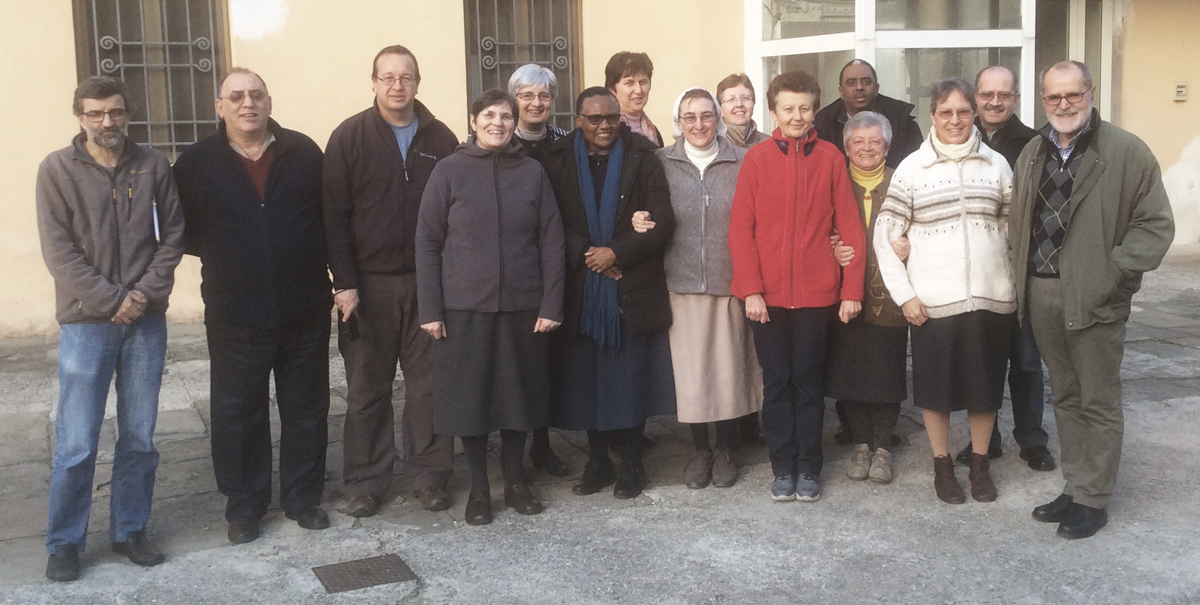 Last weekend we met in Carraia (home of the secular missionaries) the General Councils of the Comboni Family.
Last weekend we met in Carraia (home of the secular missionaries) the General Councils of the Comboni Family.
Like every year, this event helps us to be close and attentive to the news that each of the branches are having.
The morning, after a set time of prayer, was dedicate for sharing these progresses.
The Comboni missionary sisters told us their walk and especially the steps that have being taken to prepare the chapter this year as well as the reorganization of the institute taking into account the new realities. The Chapter is been prepare with a first experience in a concrete and challenging reality in every community which split reflection and sharing. Looking guide the institute toward truly significant presences, knowing that not all is graspable.
The Comboni missionary Secular told us their way from the last assembly and the challenges that arise. The importance of reappropriate its own history and experience of the charisma while remaining faithful in their everyday to their vocation, keeping growing and trying to maintain a spirit of collaboration with other secular institutes and the rest of the Comboni Family.
This year the new general counsel of the MCCJ told us their way of preparation and conduct of the general chapter, collecting the reflections arising in each province and each brother. The inspiration they have had in the teaching of Pope Francisco. And the central themes that have come during the Chapter on the Mission, the Person and the Restructuration of the Institute.
For our part, the CLM explain the great challenges we are trying to pursue. Especially seek to strengthen each group and the CLM family in general, work with each group and at continental level, the importance of communication, training and the economy, ending with the commitment and challenge that from the charisma is presented as Comboni Family referring to our missionary work and witness our missionary being.
Later in the afternoon, we had a period of reflection on mercy in the life and mission of St. Daniel Comboni from a text of Father Carmelo Casile. A rich sharing time, which also helped us think as a family.
The day ended with the joint celebration of the Eucharist and dinner in a cordial atmosphere. In Carraia we felt very welcomed by the secular missionaries and enjoying the good atmosphere that characterizes these meetings.
Greetings




